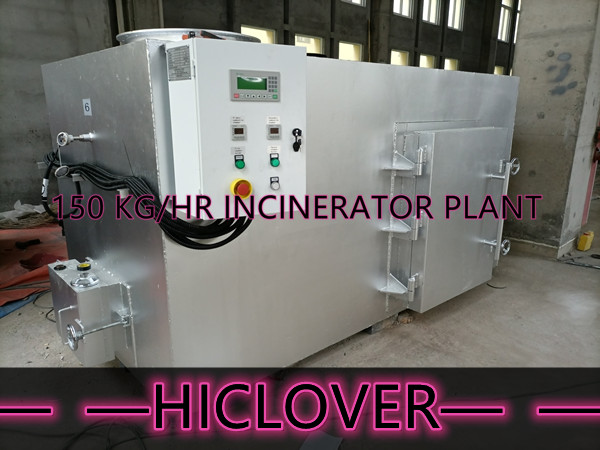Regulatory compliance and accountability are critical components of hazardous waste management. Hazardous waste poses a serious threat to human health and the environment, and it is crucial that companies and organizations handling such waste adhere to strict regulations and guidelines to ensure safe and responsible disposal.
In the United States, hazardous waste management is primarily regulated by the Environmental Protection Agency (EPA) through the Resource Conservation and Recovery Act (RCRA). This legislation outlines the requirements for the proper handling, storage, transportation, and disposal of hazardous waste, as well as the permitting and reporting requirements for facilities that generate, treat, store, or dispose of hazardous waste.
Companies and organizations that handle hazardous waste are required to obtain permits from the EPA or authorized state agencies, and must comply with a range of regulations that govern every aspect of the waste management process. This includes properly labeling and packaging hazardous waste, maintaining accurate records of waste generation and disposal, and conducting regular inspections and training to ensure compliance with regulations.
Accountability is also crucial in hazardous waste management, as it holds organizations responsible for the safe and lawful handling of hazardous waste. This includes implementing and enforcing strict protocols to prevent spills, leaks, and other accidents that could result in the release of hazardous substances into the environment.
Accountability also extends to the proper tracking and documentation of hazardous waste from generation to disposal. This includes maintaining accurate manifests and records of waste shipments, as well as reporting any incidents of non-compliance or unauthorized releases of hazardous waste to the appropriate regulatory authorities.
In addition to regulatory compliance and accountability, companies and organizations involved in hazardous waste management are also expected to adhere to best practices and industry standards to minimize the environmental impact of their operations. This may involve implementing pollution prevention measures, investing in advanced waste treatment technologies, and participating in voluntary environmental management programs.
Ultimately, regulatory compliance and accountability in hazardous waste management are essential for protecting public health and the environment. By adhering to strict regulations and holding themselves accountable for their waste management practices, organizations can help prevent pollution, protect natural resources, and ensure the safe and responsible management of hazardous waste. Failure to do so can result in severe penalties, including fines, penalties, and even legal action, as well as irreparable harm to the environment and public health. Therefore, it is imperative for companies and organizations to prioritize regulatory compliance and accountability in their hazardous waste management efforts.



